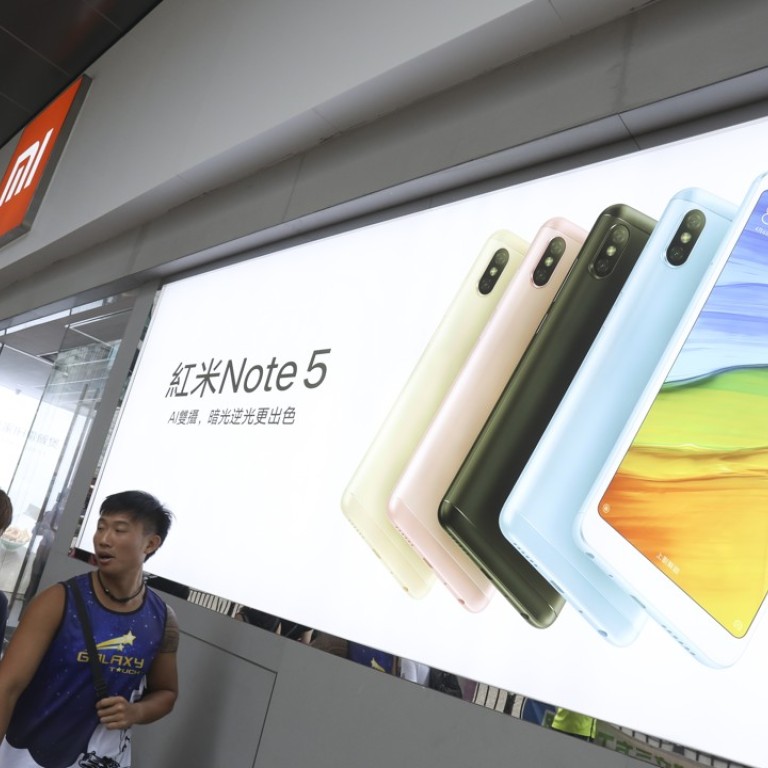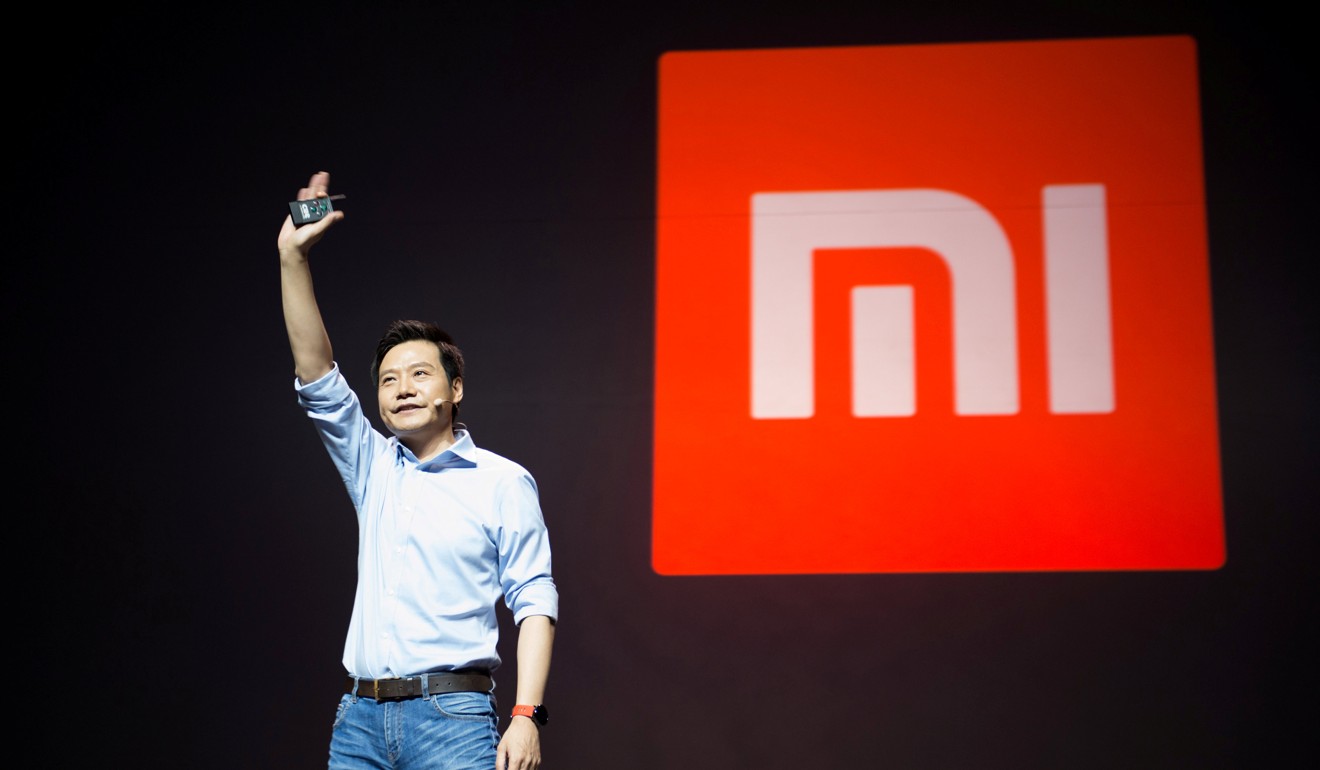
‘Are you an internet firm or a hardware maker?’ regulator asks Chinese smartphone maker Xiaomi ahead of IPO
Xiaomi quizzed by regulator after targeting valuation twice as high as Apple’s in terms of price-to-earnings
Chinese smartphone maker Xiaomi is under pressure from regulators to justify the pricing of its initial public offering which would make it twice as valuable as Apple on a price-to-earnings basis.
The securities watchdog said it has given the company a month to respond to more than 80 written questions about its latest prospectus aimed at mainland investors.
One of them is a fundamental challenge to Xiaomi’s very identity and the nature of its business.
The Chinese Securities Regulatory Commission (CSRC) asks Xiaomi why it positions itself as an internet company rather than a hardware manufacturer, given that internet services account for less than 10 per cent of its revenue, while smartphone sales makes up between 70 and 80 per cent.
The regulator also questions the business structure of the firm, its ability to sustain or increase profitability growth, and whether promises it made to early investors is pushing Xiaomi to set the offer price higher than it actually deserves.
Xiaomi is in the late stages of a public offering that could value it at US$85 billion. The company is seeking to raise up to US$10 billion through an IPO on the Hong Kong market as soon as July, according to sources close to the deal.
The firm will raise more than US$5 billion from the mainland market by issuing CDRs, or Chinese depository receipts, a new financial tool Beijing is using to attract leading technology firms that were formerly barred from the domestic markets because of their corporate structures.
The issuance of CDRs will represent more than 7 per cent of the total equity after the flotation, Xiaomi said on Thursday evening in an updated prospectus.
“During the reporting period (2015-2017), internet-based service income accounted for 4.8 per cent, 9.6 per cent, and 8.6 per cent of the total revenue, while smartphone sales contributed 80.4 per cent, 71.3 per cent, and 70.3 per cent,” said feedback posted by the CSRC on its official website.
“Please explain whether it is accurate to position your company as an internet firm rather than a hardware company, based on your major products, business nature, income breakdown, and source of profit.”
Internet firms tend to enjoy much higher valuations than manufacturers in public offerings because of the perceived extra room for growth. Smartphone sales in China appear to have peaked, falling last year for the first time.

The company’s founder and CEO Lei Jun insists that Xiaomi is an internet company. His business strategy is to sell cheap handsets at thin margins and then make money from apps and services, a model quite similar to Apple’s. Xiaomi’s gross margin from online services topped 60 per cent last year.
But investors are divided as to whether to buy the logic. Hardware sales account for 90 per cent of Xiaomi’s top line in 2017.
According to Morgan Stanley, one of the banks leading the Hong Kong IPO, Xiaomi deserves to trade at a premium to global phone brands because of its market share gains and faster growth trajectory.
The Beijing-based company has a fair value of about US$65 billion to US$85 billion, translating into 27 times to 34 times forecasts for its 2019 adjusted earnings, Morgan Stanley wrote in a report this week.
That is roughly double Apple’s valuation of 14.5 times estimated adjusted earnings for 2019, data compiled by Bloomberg show.
Xiaomi has held six rounds of fundraising and promised some of those early investors that it would buy back their holdings and pay annualised interest at 8 per cent if it fails to go public by December 2019, with a valuation agreed by both sides earlier. The CSRC raised the possibility that this may have pushed the IPO valuation higher.
The securities watchdog is not the first to question the eye-watering valuation implied by Xiaomi’s IPO. The company revised down its target to between US$70 to US$80 billion in early May from US$100 billion after the original figure was met with skepticism in the market, according to sources familar with the deal.
Hong Hao, head of research and chief strategist at China’s Bank of Communications, said previously that the valuation was still too high and it was reasonable to benchmark Xiaomi against other smartphone makers including industry leader Apple, when deciding the valuation.

